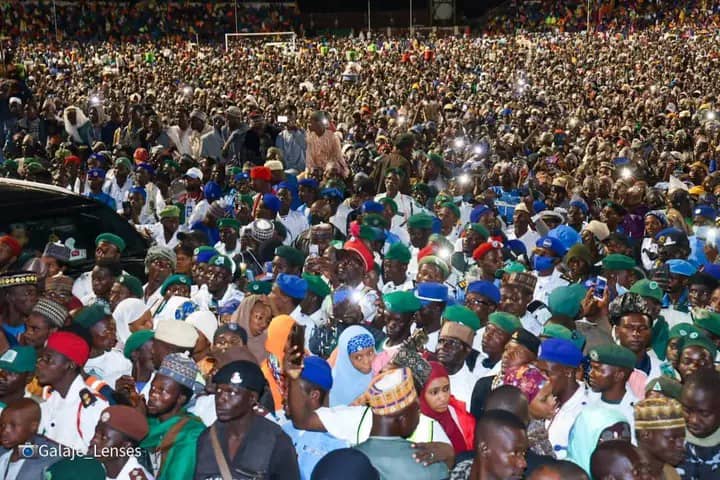
Iliyasu Abdullahi Bah
Muslims across Northeast Nigeria joined the global Ummah in observing Eid el-Maulud, the birthday of the Prophet Muhammad, with religious solemnity, cultural festivities, and renewed appeals for peace in the region still recovering from insurgency and economic hardship.
The occasion was marked by prayer sessions, processions, public lectures, and charitable activities across major cities including Maiduguri, Bauchi, Damaturu, Gombe, and Jalingo.
In Maiduguri, the capital of Borno State, a region long affected by Boko Haram violence, the celebration carried profound significance. Large congregational prayers were held at the Madinatu Mosque of Sheik Abdul Fatahi Maiduguri and the Shehu of Borno Palace.
His Eminence, the Shehu of Borno, Alhaji Abubakar Ibn Umar Garbai El-Kanemi, led prayers and delivered a sermon emphasizing the Prophet’s teachings of patience, justice, and compassion. “We must embrace dialogue, reject violence, and support peace-building efforts for our region to heal,” he stated.
An Islamic scholar Sheikh Ibrahim Saleh also spoke, urging the government to intensify efforts to secure rural communities and provide opportunities for the youth to discourage idleness and radicalization.
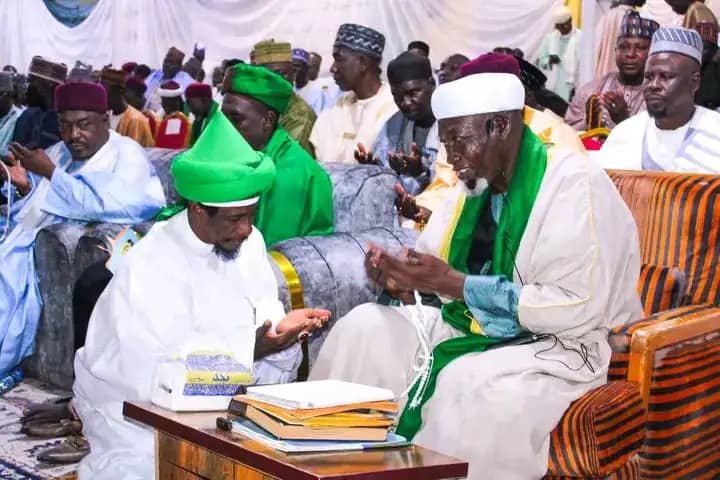
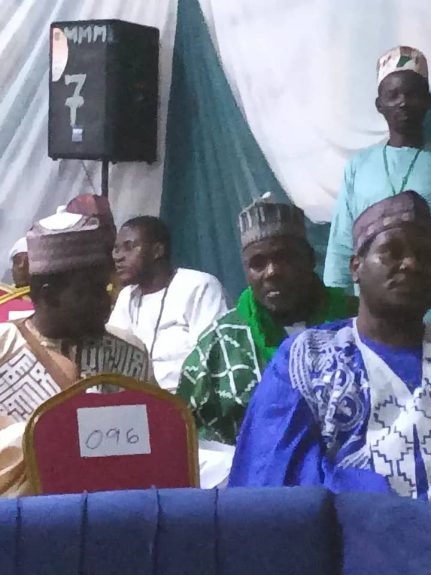
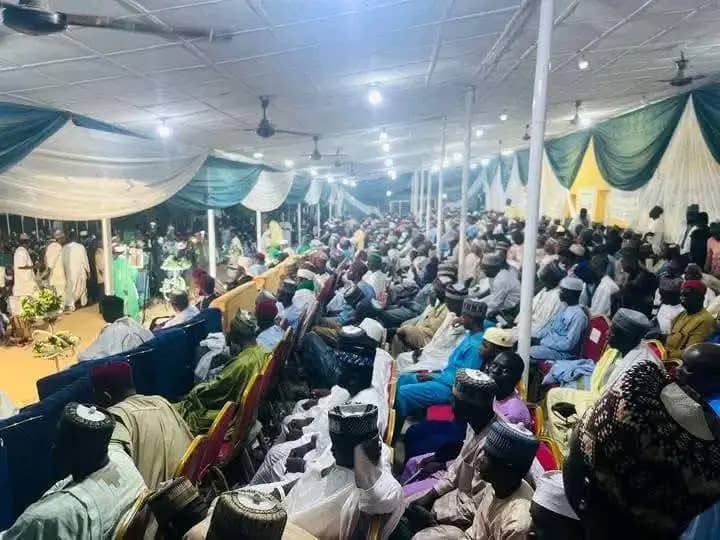
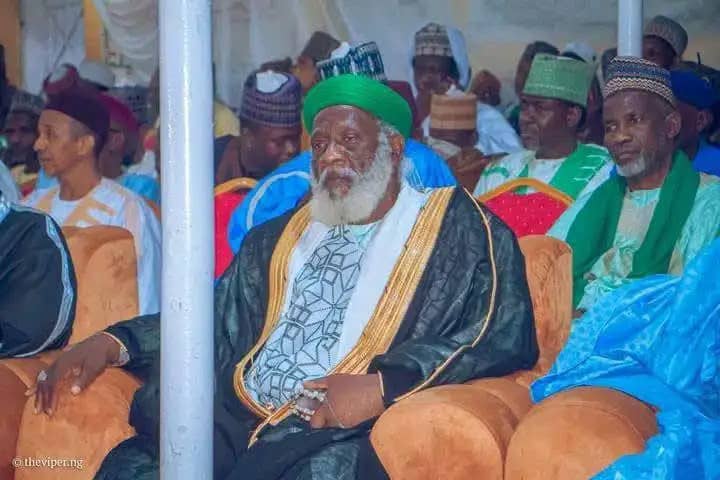
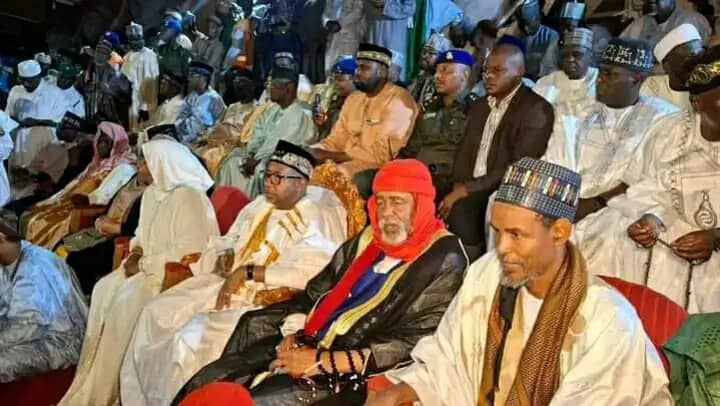
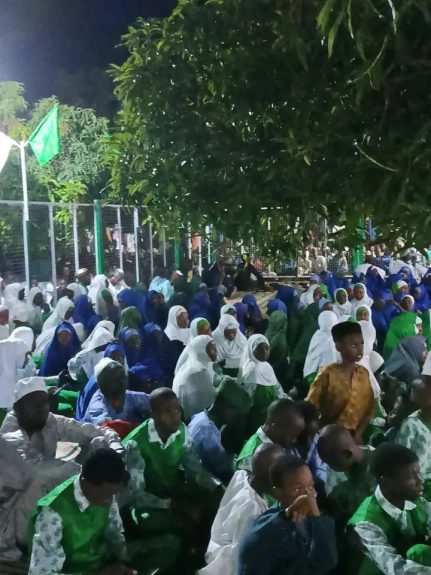
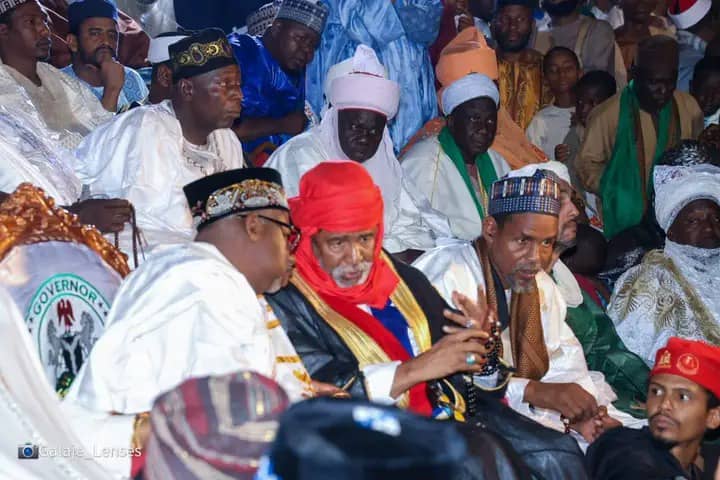
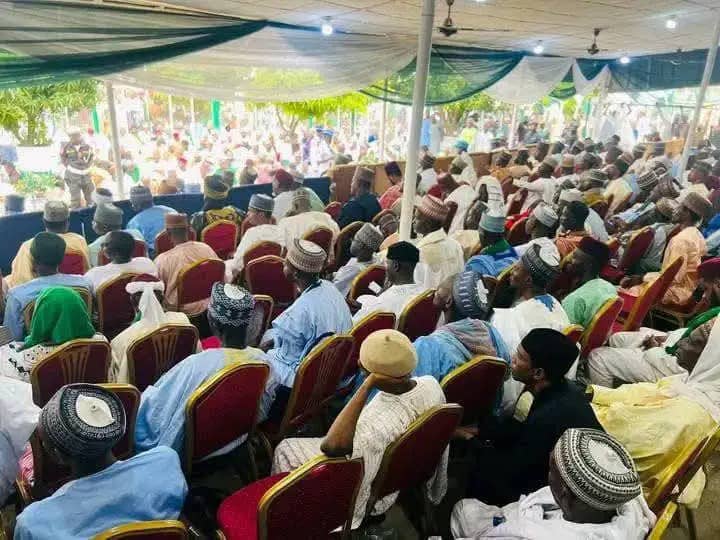
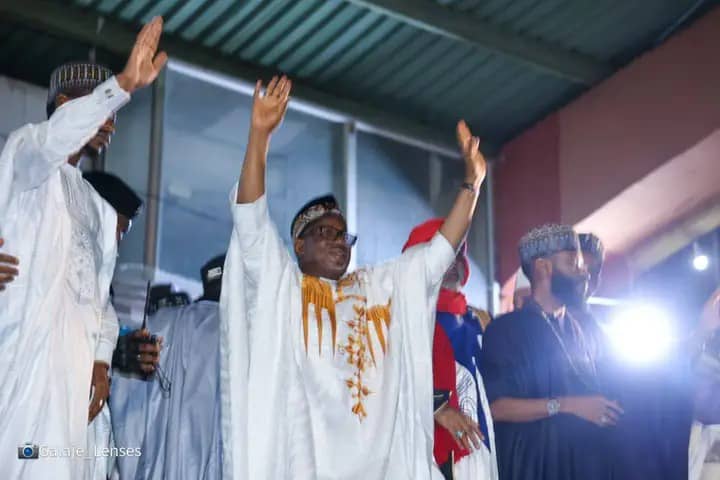
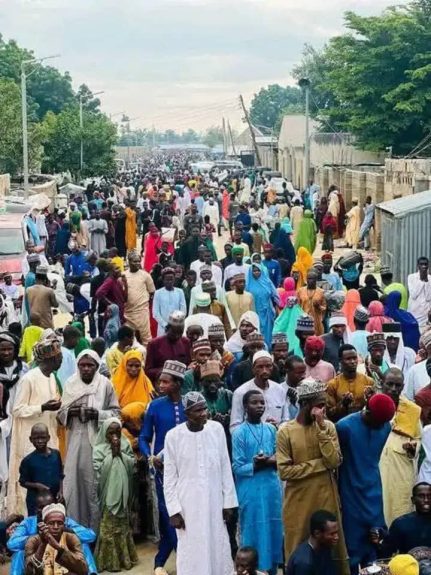
Charity organizations and wealthy individuals distributed food, clothing, and cash to internally displaced persons IDPs and low income families, a practice deeply associated with Maulud celebrations.
The ancient city of Bauchi witnessed one of the largest processions in the region. Thousands of faithful, including members of Sufi orders such as Tijjaniyya and Qadiriyya, marched through the streets and Sadau zungur Stadium singing devotional songs Qasid in praise of the Prophet.
The Emir of Bauchi, Dr. Rilwanu Suleiman Adamu, presided over the event and called for sustained prayers for Nigerian leaders and the armed forces. He also emphasized the importance of education and moral upbringing for children.
Governor Bala Mohammed who reiterated the government commitment to supporting religious and cultural activities that promote unity and development.
In Damaturu and Potiskum, thousands of lovers celebrate the birth of the Prophet, cruising with devotional singing. Mosqueses held lectures focusing on the life of the Prophet and the values of tolerance, honesty, and community service.
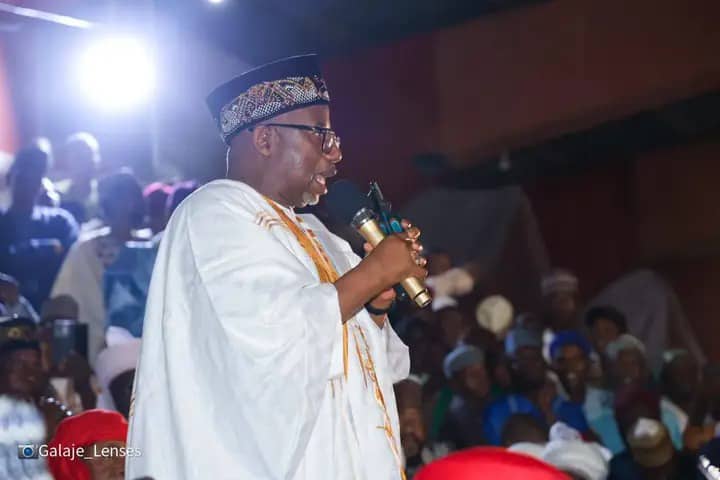
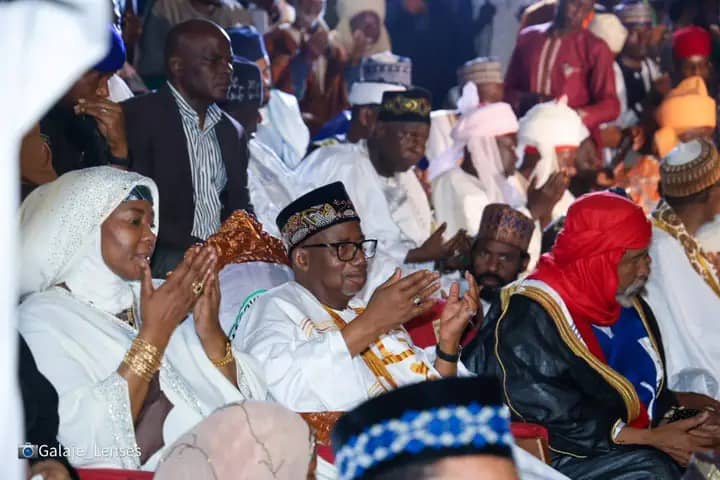
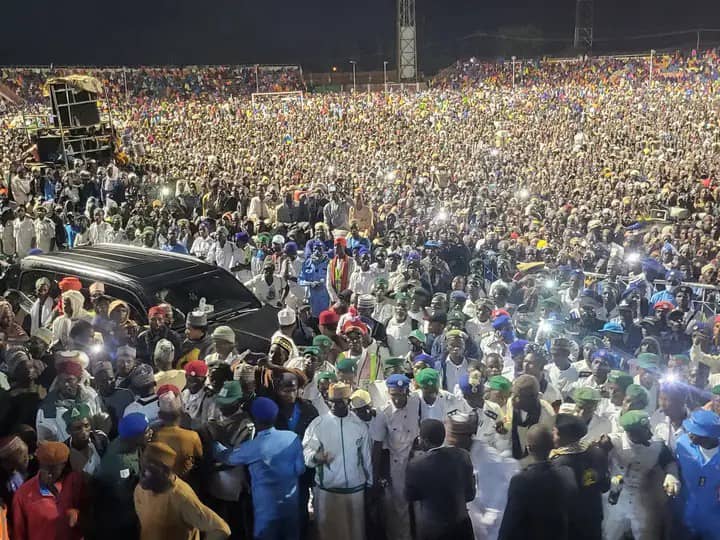
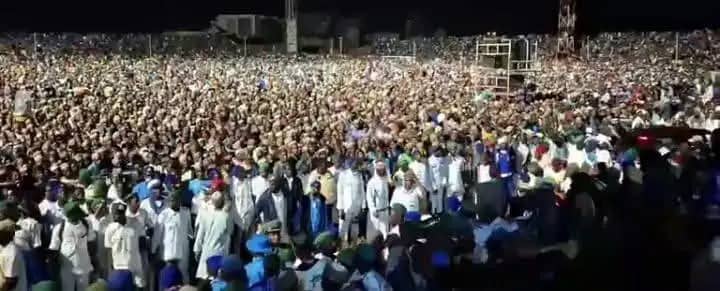
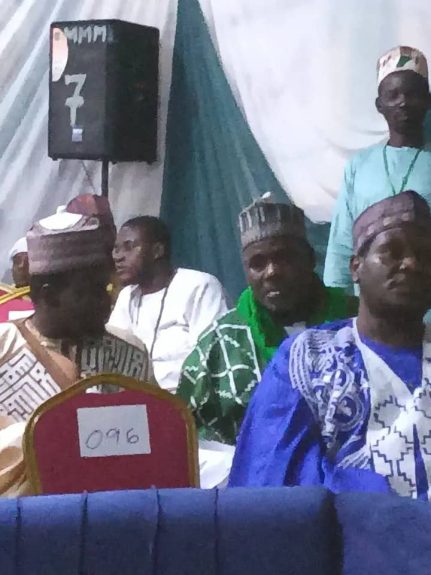
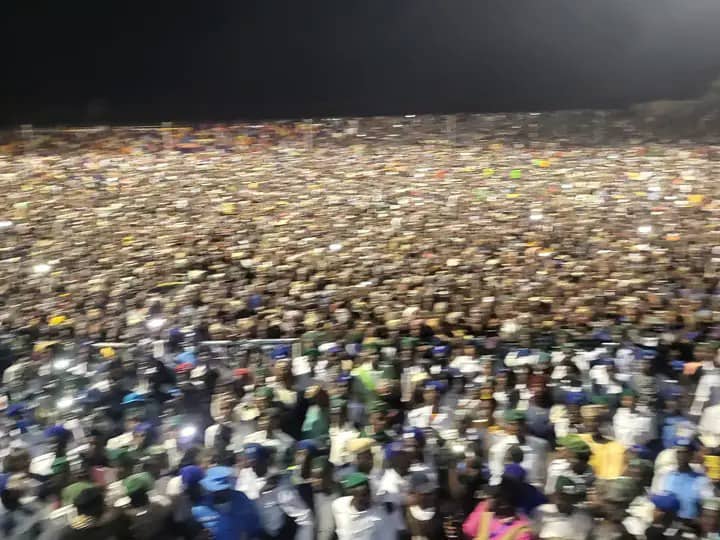
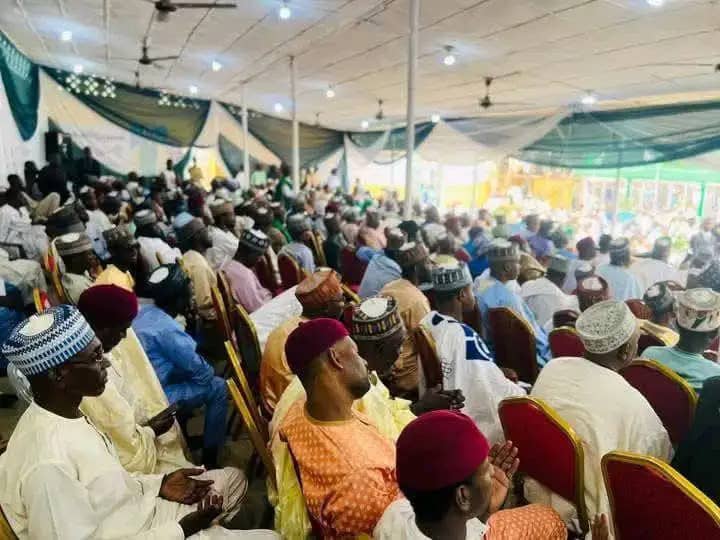
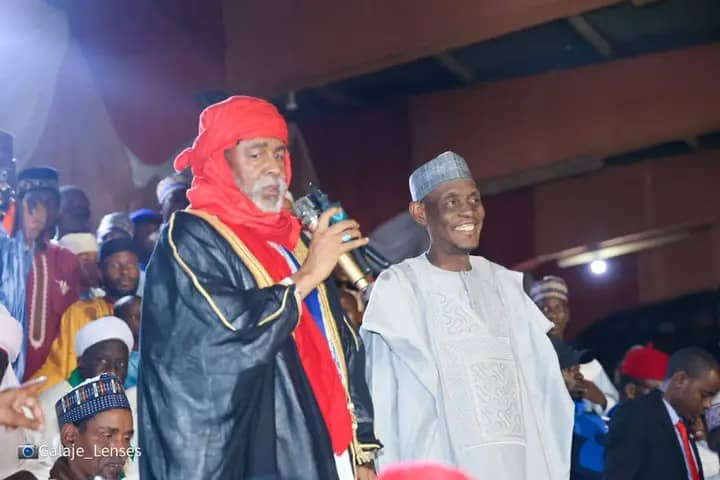
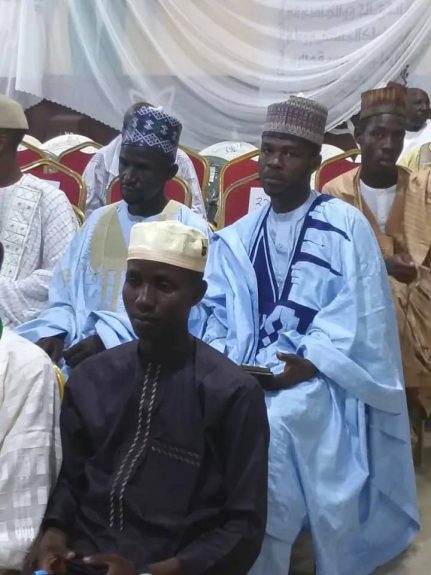
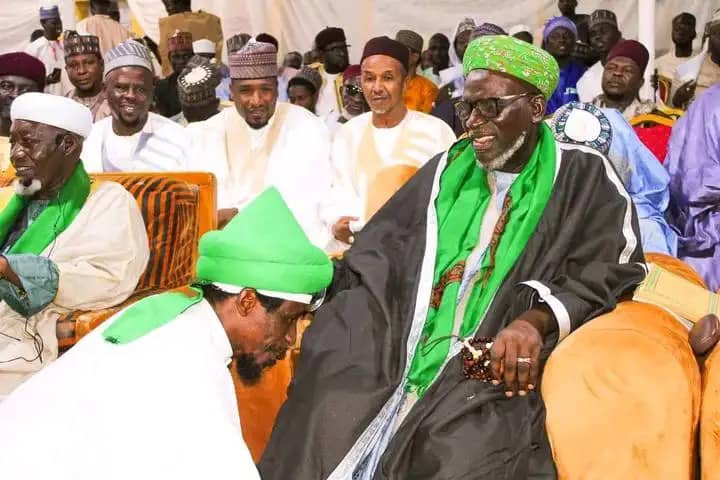
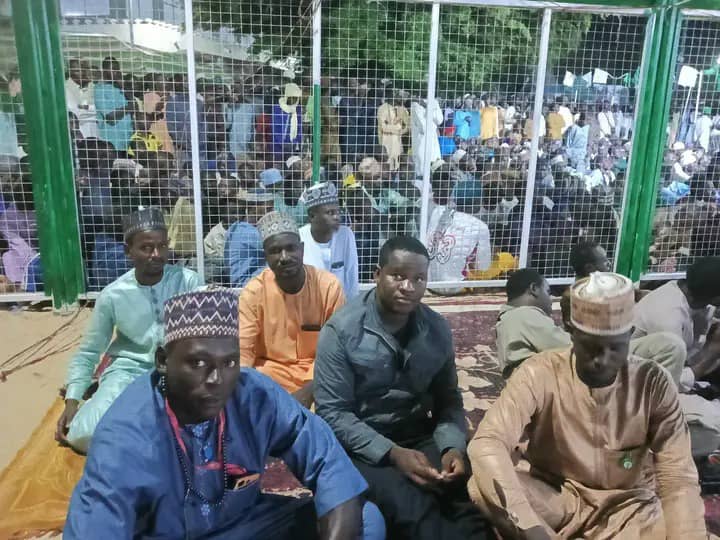
In Yola, the Adamawa State Council of Ulama organized a one day symposium on the relevance of the Prophet teachings in contemporary society, particularly in promoting interfaith harmony.
“This peaceful celebration is a sign of progress. We are grateful to our security agencies and urge them to sustain the momentum,” said Alhaji Grema Terab, a community leader in Gombe.
Despite the festive atmosphere, many families noted that economic hardships including inflation and unemployment limited their ability to celebrate lavishly. “We thank God for life, but things are expensive. We shared what we had with our neighbors in the true spirit of Maulud,” said Hauwa Usman, a resident of Damaturu.
As the region continues on its path to recovery, the messages from this year’s Maulud celebration remain a guiding light for communal harmony and sustainable development.
